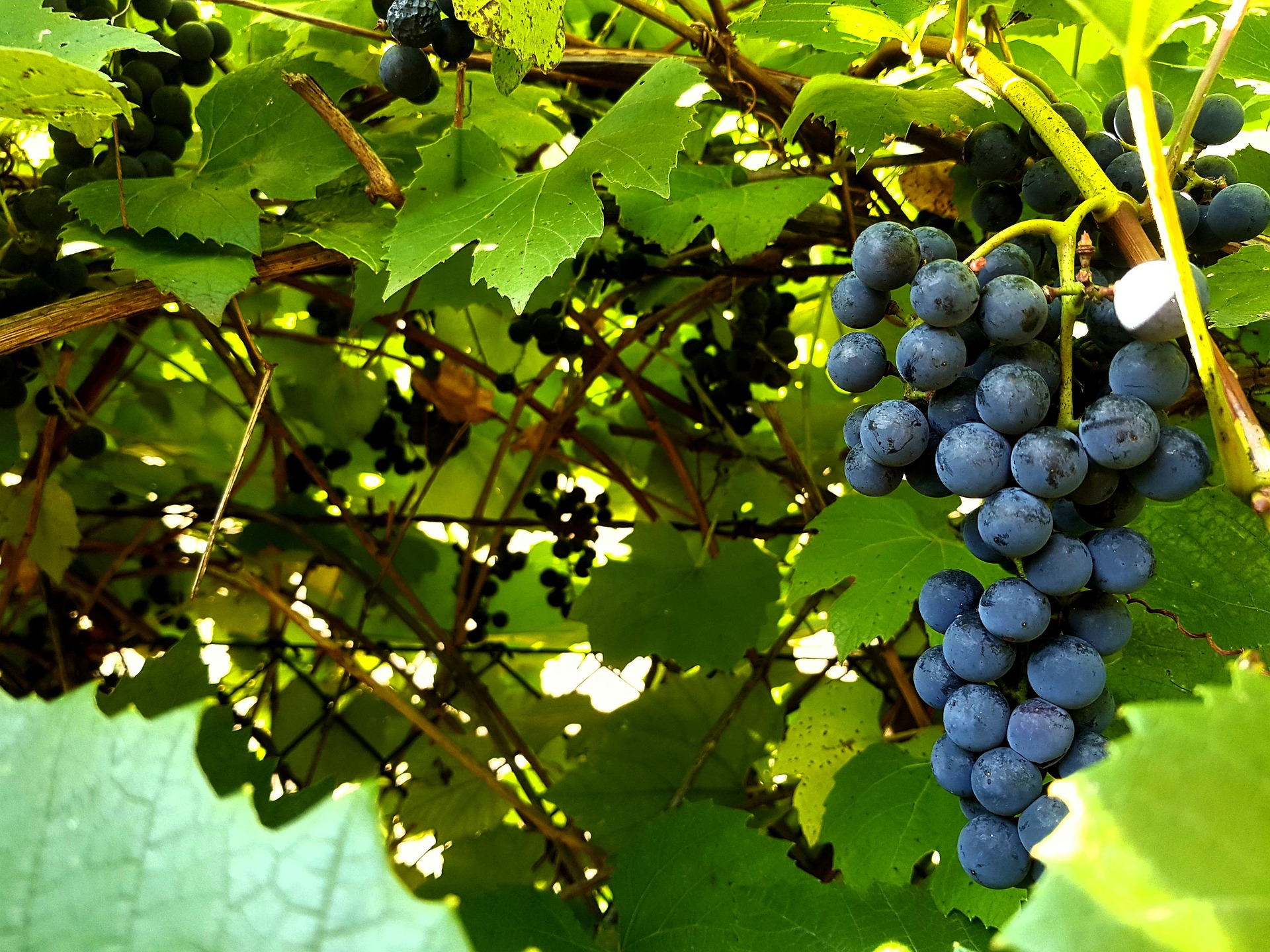Tenerife’s diverse range of altitudes provides an extraordinary environment for grape cultivation, from the coastal lowlands to the peaks of the island’s mountainous terrain. Vines thrive at elevations ranging between 50 and 1,700 meters above sea level, creating unique conditions that contribute to the production of high-quality wines.
The Importance of High-Altitude Viticulture
Viticulture at higher altitudes is gaining prominence in Tenerife, as these conditions are ideal for crafting exceptional wines. Grape vines cultivated above 1,000 meters benefit from cooler temperatures, which play a crucial role in the quality of the wine. The thermal variations between day and night slow the ripening process, allowing the grapes to develop a richer concentration of aromas and flavors.
During the daytime, intense sunlight promotes photosynthesis, enhancing the grapes’ color and ensuring optimal sugar levels for fermentation. At night, the cooler air preserves the grapes’ natural acidity, resulting in wines with a balanced structure, vibrant freshness, and refined complexity. This unique combination of factors produces wines that are aromatic, flavorful, and full of character.

The Unique Conditions of Tenerife’s Vineyards
Tenerife’s vineyards often exceed altitudes of 1,500 meters, where rigorous dry-farming practices are common. Here, the altitude itself becomes a defining quality factor, yielding wines with bright acidity, vivid freshness, and intense aromatic profiles. These conditions are particularly beneficial for creating lively and aromatic white wines, as well as red wines with deep, smooth textures.
The island’s history of viticulture is marked by the survival of exotic and ancient grape varieties, preserved by Tenerife’s geographic isolation. These old vineyards, scattered across varying altitudes, are a testament to the island’s rich winemaking heritage. The altitude not only enhances the wine’s flavor but also contributes to its longevity, as wines aged in high-altitude conditions tend to be more elegant and refined.

The Effects of Altitude on Wine Quality
Wines produced at higher altitudes are distinguished by their unique characteristics. The enhanced acidity and aromatic intensity create a freshness that is unparalleled, while the vibrant coloration and balance of alcohol levels add depth and complexity. In red wines, the smoothness and elegance achieved through high-altitude viticulture are particularly noteworthy, offering a softer and more polished profile.
The highest vineyards in Tenerife, reaching up to 1,700 meters above sea level, exemplify the remarkable potential of high-altitude viticulture. This combination of unique growing conditions and Tenerife’s volcanic soil ensures that the island’s wines stand out on a global stage, celebrated for their exceptional quality and distinctive taste.
Explore Tenerife’s High-Altitude Wine Experience
Are you ready to uncover the magic of Tenerife’s high-altitude vineyards? Embark on a journey through the island’s breathtaking wine regions, where you can explore the cellars, taste the vibrant wines, and witness the artistry of winemaking at extreme altitudes. From historic vineyards to innovative producers, Tenerife offers an unparalleled experience for wine enthusiasts eager to discover something truly extraordinary.
